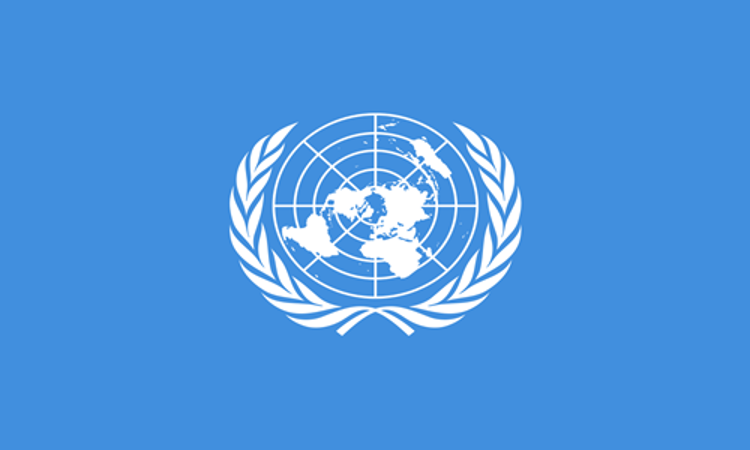UNO Not A 'State' Under Article 12 Of The Constitution: Delhi HC
Shayesta Nazir
19 May 2019 5:21 PM IST

Next Story
19 May 2019 5:21 PM IST
Delhi High Court laid down in Sanjaya Bahel v. Union of India & Others that United Nations is not a "State" within the meaning of Article 12 of the Constitution of India and is not amenable to the jurisdiction of the Court under Article 226 of the Constitution of India. Bench of Justice Suresh Kumar Kait while dismissing the petition referred to the opinion of court in...
